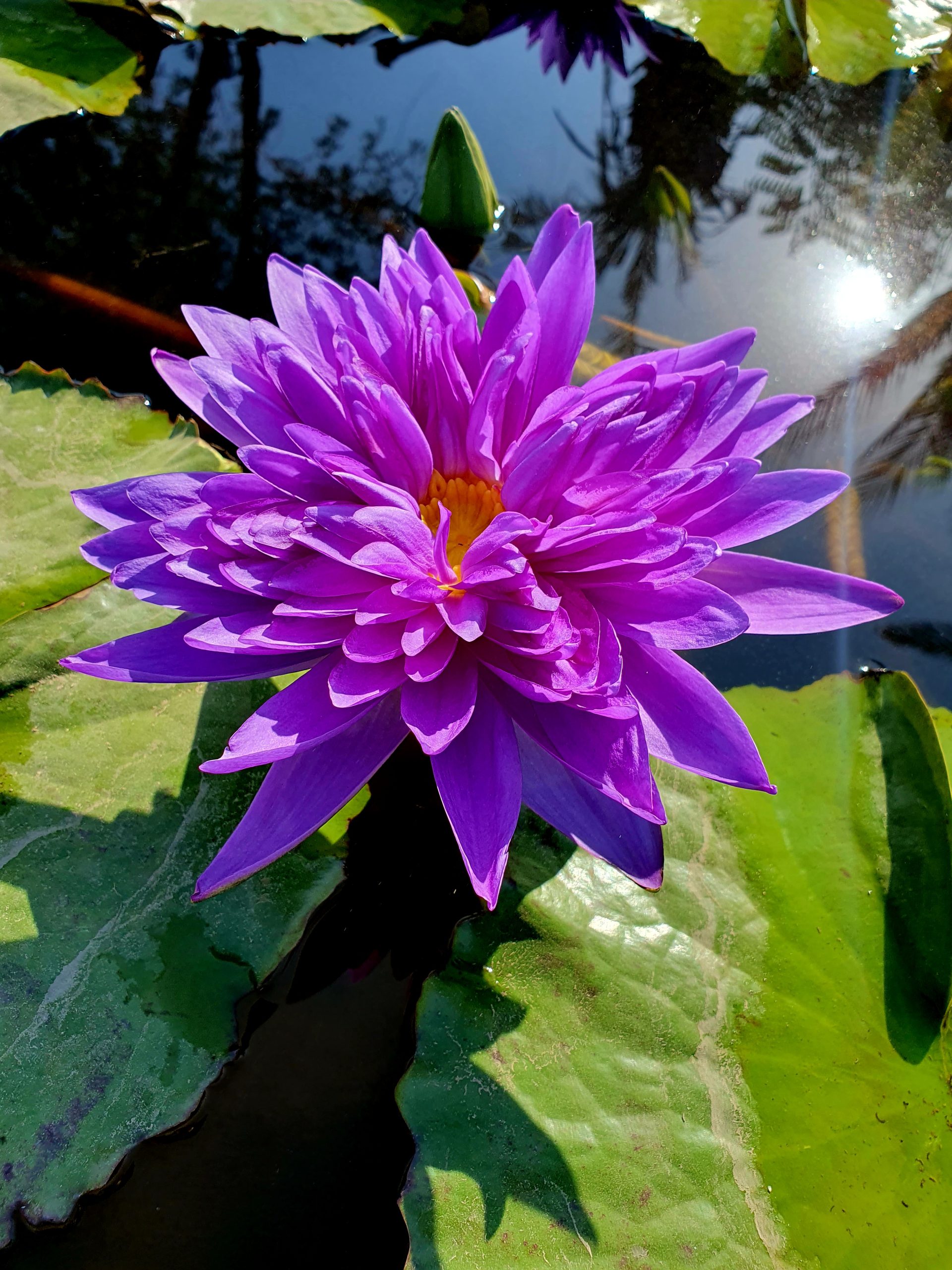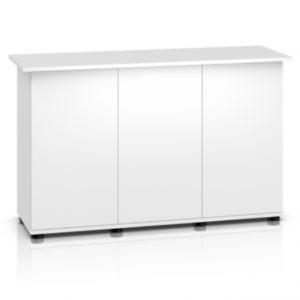Aquascape Patio Pond
Size: L50 x H30
Our patio ponds are an easy way to add natural beauty, elegance and relaxation to your outdoor living space. They’re great for creating outdoor water gardens, while also adding a decorative touch that can last for years to come.
Water gardens are a great way to expand your living space, but not all have the space for a pond. Patio ponds are an excellent way to create outdoor water gardens in small places that you might not have thought possible. They’re easy to install and maintain, and will provide a beautiful decorative touch to your home. You can even use them as planters by adding plants along the edges of the fountain or pond – they’re a great way to add color and benefit local wildlife at the same time!
- Comes with aquatic plants
- All season flowering water lilly
- Consist of soil for aquatic plants
- Durable
- Natural
- Keeps water temperature low
- Can be added with fish
- Can be used indoors or outdoors
- Gets beautiful as it ages
For colors and variation please call.
د.إ499.00
How to maintain patio pond
Introduction
When it comes to decorating your backyard, there’s nothing quite like a pond. Not only do ponds add interest to your landscape, but they also help keep birds and other animals busy throughout the year. A well-maintained pond will provide you with hours of enjoyment on hot summer days…and looking after one doesn’t have to be difficult!
Monitor the water level.
If you’ve got a pond that’s large and deep, it’s important to monitor the water level. If you don’t want to constantly be checking up on it, keep a garden hose near by so that you can add more water as needed. Alternatively, there are also pipes available that will automatically fill up your pond if it gets too low. Regardless of how much work you do yourself or delegate to someone else, make sure that your pond is always topped off with enough water so that no fish die due to dehydration (or lack of oxygen).
Keep the water clean.
- Keep the water clean.
- Check for water quality.
- Remove any debris from the pond.
Clean the sides of the pond.
Now that you have a clean pond, it is important to keep it that way. There are many ways to do this, including using a soft brush and water to remove dirt from the sides of your pond. If there are plants in your pond, be careful not to damage or break them when cleaning the sides. If algae has built up on the sides of your pond, use a scrubber or scraper tool to remove it. If you have fish in your pond, make sure you regularly clean their filter so they can live happily in their environment!
Check your water quality.
Once you’ve found the right location for your pond and established a regular cleaning routine, it’s time to check your water quality. To ensure that everything is in order and to avoid having any fish die-offs, it’s important to test all of these aspects on a regular basis:
- pH: The pH should be around 7.0-7.5 (the scale goes from 0-14). If it’s too low or high, you can adjust it by adding chemicals until the right level is reached.
- Temperature: The range should be between 60-80 degrees Fahrenheit; if not, add ice or warm up until correct temperature range is achieved.
- Chlorine levels: You can test this using drops of bleach in an empty cup of water; if it turns yellow within one minute then there are chlorine levels present that need to be addressed before adding fish into your pond
A well-maintained pool will keep you relaxing on hot summer days
A well-maintained pool will keep you relaxing on hot summer days. It’s easy to care for your pond and make sure it is attractive, healthy and safe.
Keep the water clean by removing leaves and other debris from the surface of the water. If there is a lot of leaf debris floating in the pond, a net or rake can be used to remove them as they collect at one end of the pond where they are easily accessible.
Check that your pump is working properly by watching it cycle on and off several times after turning it on (make sure nobody else has been using this pump recently). You may have to adjust the suction line if it appears that your pump is not moving enough water; this may indicate a blockage or obstruction in one of its lines. Check that all hoses are securely attached and free from leaks; these could cause damage over time due to corrosion if not corrected immediately! It’s also important to check periodically whether any parts need replacing (such as filters) because these might break down over time too if used consistently without proper maintenance.”
Conclusion
If you keep your patio pond in good shape, it will be a pleasure to sit by and enjoy. You’ll stay cool on hot summer days, and you won’t have to worry about upsetting the neighbors when they look out their windows at nighttime. Just remember that a well-maintained pool is an attractive feature of any home, so don’t neglect your neighborhood duties!







